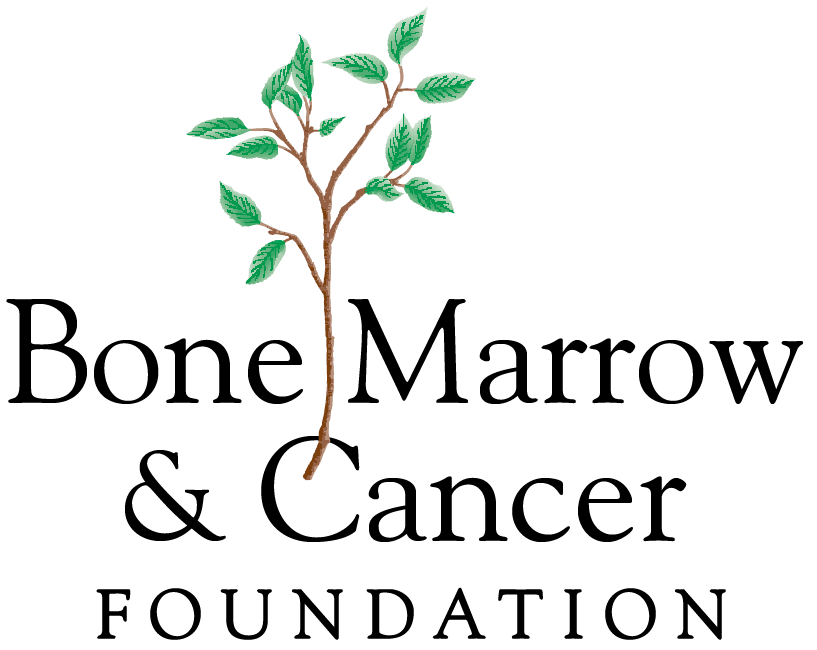- About Us
- Advertise / Support
- Editorial Board
- Contact Us
- CancerNetwork.com
- TargetedOnc.com
- OncLive.com
- OncNursingNews.com
- Terms & Conditions
- Privacy
- Do Not Sell My Information
- Washington My Health My Data
© 2025 MJH Life Sciences™ and CURE - Oncology & Cancer News for Patients & Caregivers. All rights reserved.
The Unspoken Connection: Cancer, Loneliness, and the Vital Role of Peer Support
Cancer is not just a physical but emotional battle dealing with loneliness and isolation. Beyond the physical toll it takes on the body, cancer can lead to profound feelings of loneliness, as individuals navigate the complexities of their diagnosis, treatment, and survivorship. In the face of this challenge, peer support offered by CancerBuddy, emerges as a beacon of hope, offering support, understanding, and connection in the midst of huge challenges
The Loneliness of the Cancer Journey:
A cancer diagnosis can thrust individuals into a world of uncertainty and fear, causing them to feel disconnected. The treatment process often involves lengthy hospital stays, debilitating side effects, and disruptions to daily routines, further exacerbating feelings of isolation. As friends and family members struggle to comprehend the magnitude of the diagnosis, patients may find themselves grappling with a sense of alienation, unable to fully articulate their experiences and emotions.
Despite the best efforts of healthcare providers to offer support, the emotional toll of the disease can be overwhelming, leaving individuals feeling adrift. In addition, systematic healthcare issues such as access, psychosocial program funding, and a shortage of clinical social workers all create barriers to patients, caregivers, and survivors finding adequate peer-support.
The Healing Power of Peer Support:
Amidst difficulties of loneliness, peer support shines as a beacon of hope, offering empathy, understanding, and solidarity to those grappling with cancer. Peer support, both individual connections and group support, such as those found within the CancerBuddy app, provides a safe space for individuals to share their experiences, fears, and triumphs with others who truly understand. In these groups, the isolation of the cancer journey is replaced by a sense of belonging and community, as patients, survivors, and caregivers come together to offer encouragement and comfort.
Research has consistently demonstrated the profound impact of peer support on the psychological well-being and quality of life of cancer patients and survivors. Studies have shown that individuals who participate in peer support groups experience lower levels of anxiety and depression, as well as greater satisfaction with their treatment and overall quality of life.
Furthermore, peer support has been linked to improved treatment adherence and outcomes, as individuals feel more empowered and informed about their disease. By fostering a sense of agency and control, peer support enables individuals to become active participants in their care, rather than passive recipients. People who have found connections on CancerBuddy have also
found valuable insights into coping mechanisms, treatment options, and help navigating the healthcare system.
In addition to its benefits for patients, peer support also extends to caregivers, who often grapple with their own feelings of isolation and stress. By connecting with others who understand their unique challenges, caregivers can find solace and support in navigating the complexities of caregiving, ensuring that they too receive the support they need to thrive.
CancerBuddy is a peer support app designed by Christina Merrill, Founder and CEO of the Bone Marrow and Cancer Foundation (BMCF)which helps reduce the feelings of isolation and loneliness amongst patients, caregivers and survivors. People affected by cancer can find peers going through similar experiences, access resources, join topic specific groups and receive valuable information. The app filters people by diagnosis, hospital, location, side effects, treatment, age, interests and more, allowing people to find their “perfect buddy match” and allowing CancerBuddy to help make cancer a little less lonely.
Related Content:




